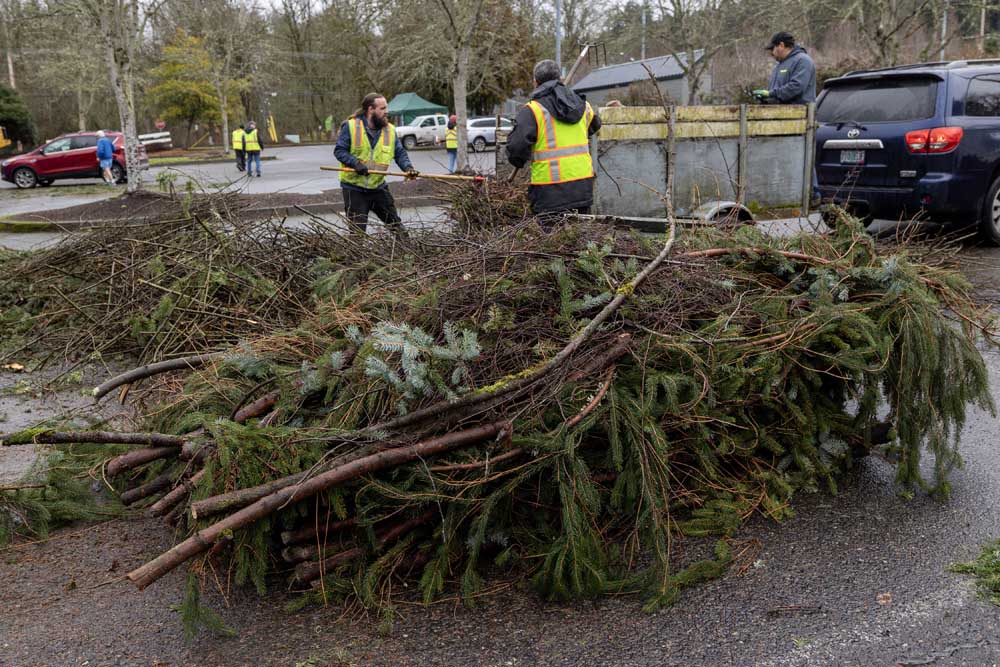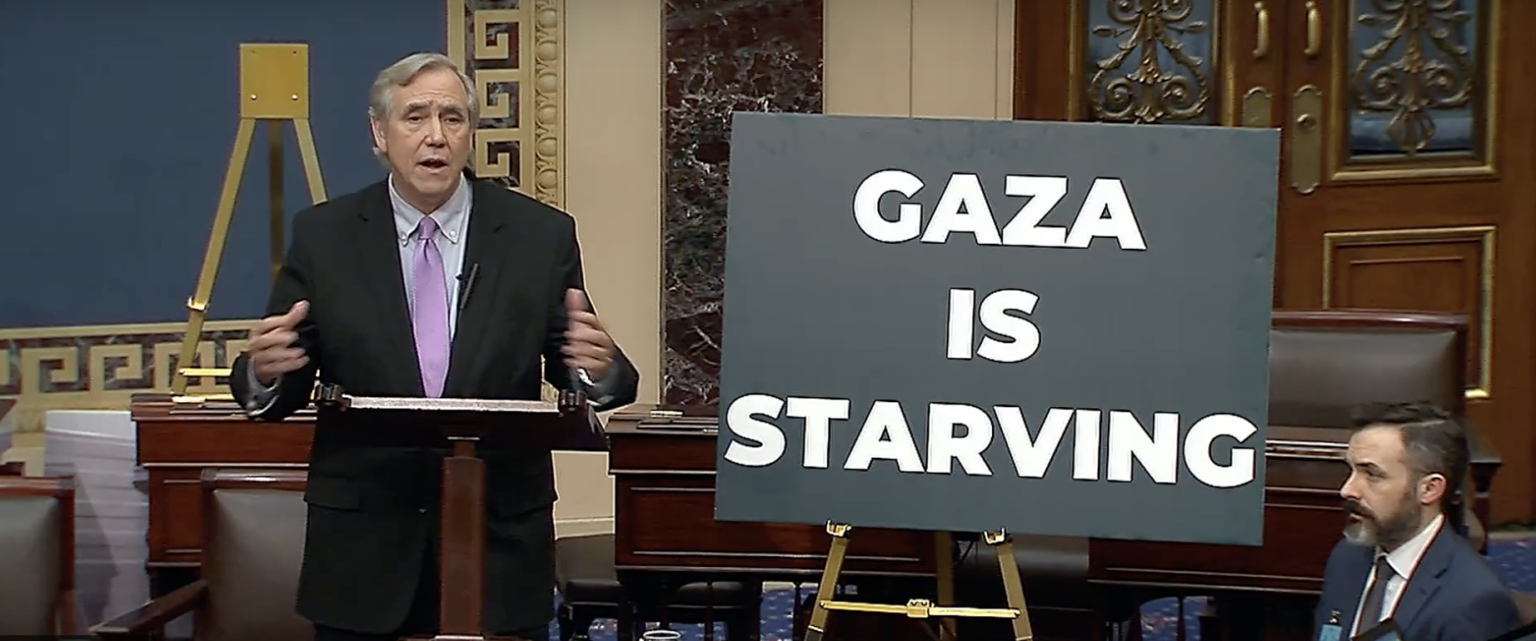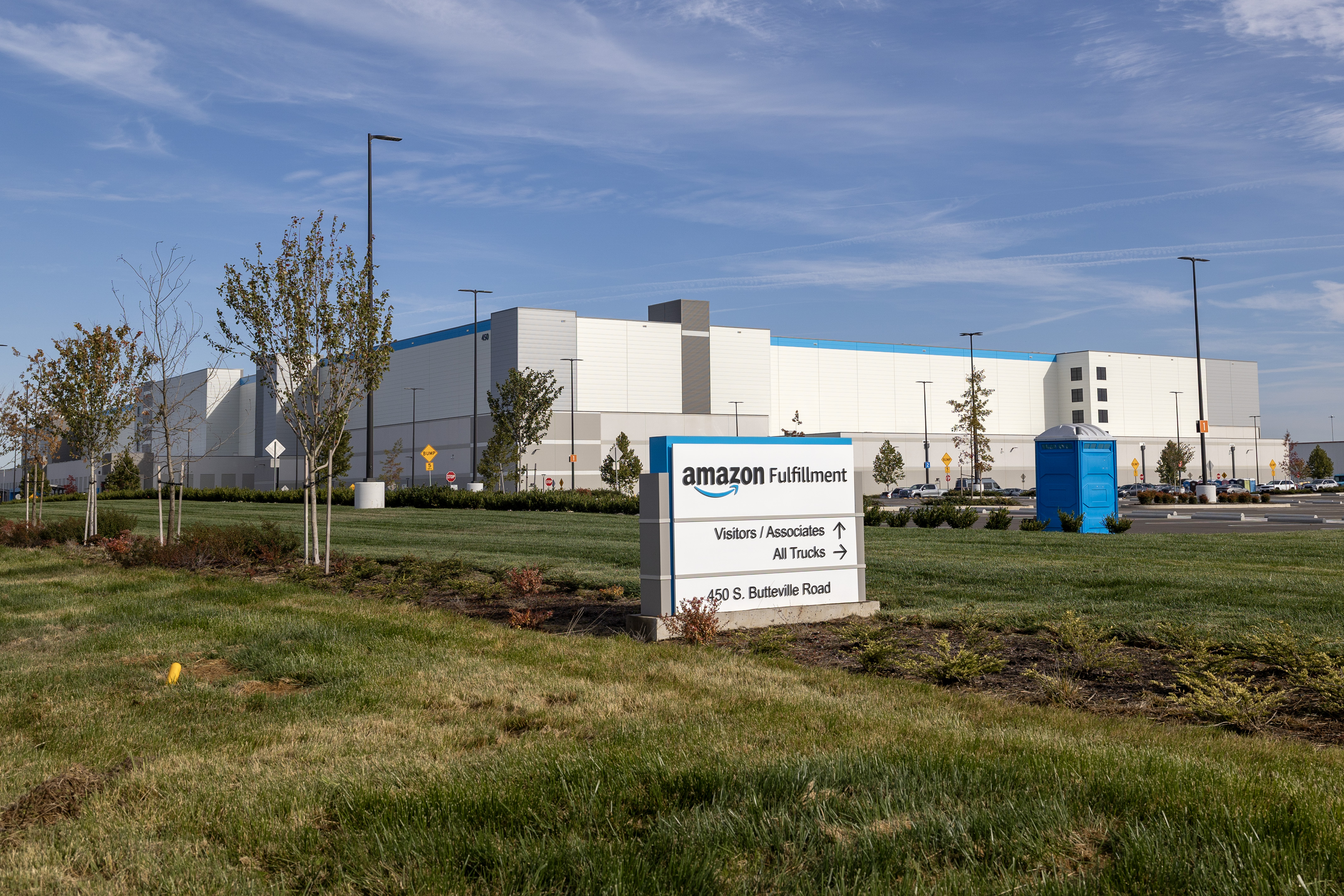OPINION: Last January’s winter storm should be a wake up call
Published 5:50 am Thursday, December 26, 2024

- Dozens of trees fell throughout the Portland Metro area during the January 2024 winter storm.
In January 2024, Lake Oswego and the surrounding Portland region endured a devastating winter storm that left many of us without power in freezing temperatures. Lives were lost, and the financial toll was staggering. The storm caused over $165 million in economic losses, with $16 million in public infrastructure damage and $40 million in Lane County alone. Businesses like Sushi Kuni and Quad’s Garden floral shop reported losses between $30,000 and $75,000. The storm also caused over 238,000 power outages, highlighting just how unprepared we are for climate-driven events.
Trending
This wasn’t just a rare occurrence — it was a warning. Extreme weather events are becoming more frequent, and we must prepare our community to face them. One of the most effective ways to do this is through climate literacy.
A pending bill in the Oregon Legislature aims to make climate education a priority statewide, ensuring students learn about the causes and impacts of climate change and how to adapt and mitigate its effects.
This legislation is vital and deserves our full support. However, we don’t have to wait for it to pass to take action here in Lake Oswego.
Trending
Climate literacy has a dual benefit. It empowers students to reduce their carbon footprints, helping to create a more sustainable future, and equips them with the resilience and problem-solving skills necessary to adapt to a changing world. Teaching students about the science behind extreme weather, sustainable infrastructure, and community-level solutions can turn these challenges into opportunities for leadership and innovation.
Imagine a Lake Oswego curriculum that integrates climate education into classes like biology and environmental science. Students could work on local projects, such as designing wildfire-resilient landscapes or creating strategies to reduce the impact of future storms. These lessons wouldn’t just prepare them academically — they’d prepare them to become changemakers in our community and beyond.
The January storm was a wake-up call. It showed us the costs of inaction and the urgent need for systemic change. By prioritizing climate literacy in our schools, we can help our students — and our community — face the challenges ahead with knowledge and resilience.
Lake Oswego has an opportunity to lead. Let’s not wait for the next disaster to take action. Together, we can ensure our children are ready to thrive in a changing world while creating a brighter future for us all.
What steps can we take now to bring climate literacy into our schools?
Editor’s note: This column first appeared in the Tribune’s sister publication, the Lake Oswego Review.







